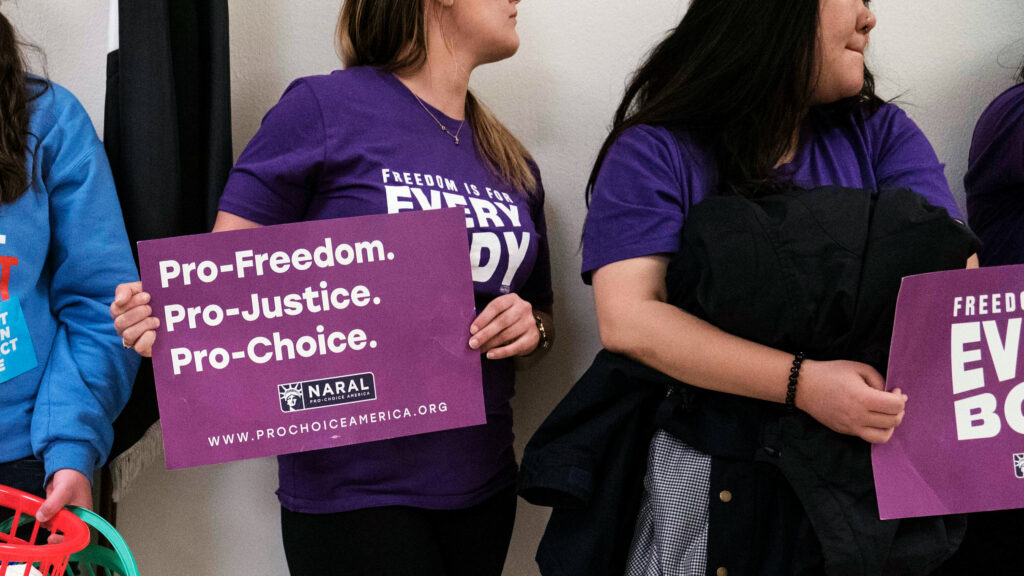Abortion
America’s abortion activists attempt a rebrand
On September 20, NARAL Pro-Choice America announced that it is undergoing yet another rebranding – this time to “Reproductive Freedom for All.” America’s “oldest membership-based abortion rights group,” which has been fighting for unfettered feticide for 54 years, is embarking on this rebrand as an attempt to appeal to more Americans – especially as their values are out of step with the views of the majority. The name is new – the mission, abortion on demand throughout all nine months and funded by the government – is the same.
The organization was founded in February 1969, when 350 people from 21 sponsoring organizations gathered in Chicago for a conference titled “First National Conference on Abortion Laws: Modification or Repeal?” Their conclusion could be found in name of the new group: the National Association to Repeal Abortion Laws (NARAL). Among the founding members on the original planning committee were abortion activist Lawrence Lader, feminist leader Betty Friedan, and abortionist Dr. Bernard Nathanson.
Nathanson would later convert to the pro-life cause and write a series of books exposing NARAL’s deliberate lies – which included simply inventing fictious numbers of back-alley abortions and fabricating whatever evidence Lader and his colleagues felt would influence public opinion – such as The Hand of God, Aborting America, and The Abortion Papers. His film showing an abortion in progress, The Silent Scream, was screened in the Reagan White House and was the catalyst for the creation of pro-life organizations around the world.
In 2003, NARAL dropped its name (which had been largely rendered moot since Roe v. Wade has forcibly repealed abortion laws across the United States in 1973) in exchange for NARAL Pro-Choice America. The abortion wars were heating up and abortion activists were concerned. In 2008, former NARAL Pro-Choice America president Kate Michelman co-authored an editorial in the Los Angeles Times admitting that the more pro-life activists successfully shifted the focus from “choice” to what is being chosen, the more the American public’s views on the issue changed.
READ THE REST OF THIS COLUMN HERE








